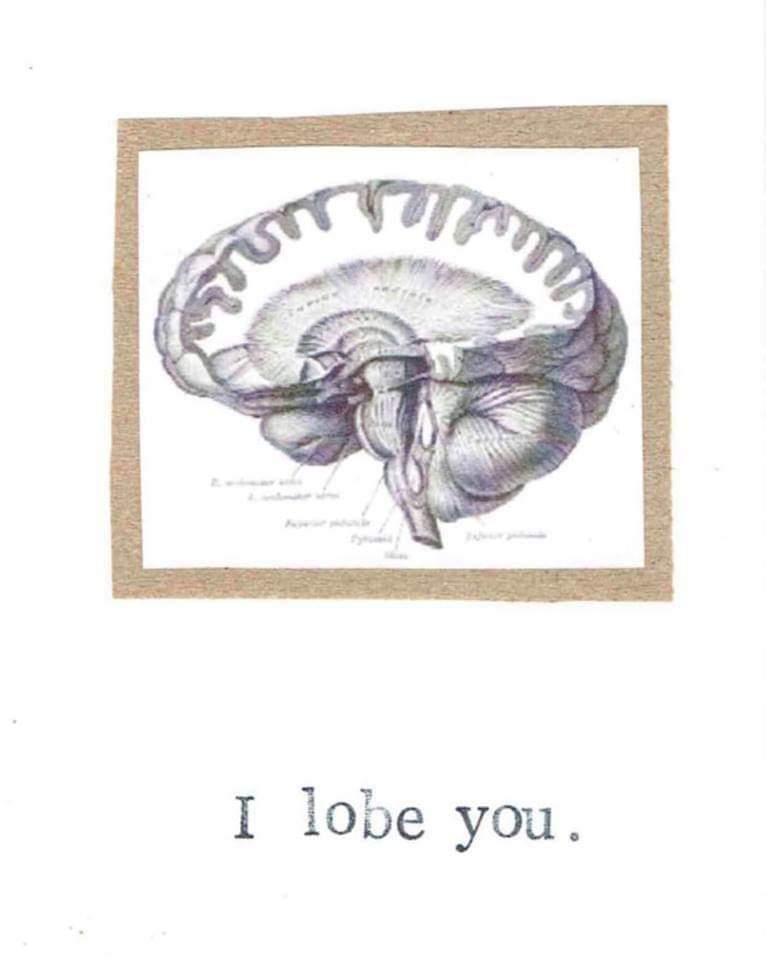The myth of the countless divorces of parents with autistic children!

From my clinical experience I can recall many cases of children on the autistic spectrum that are accompanied in the initial assessment and in therapeutic sessions by one parent (99% the mother).
But where is the father? I was always wondered. But not anymore…
I have always had an intention to focus on the negatives of each of my cases, their needs, their symptoms and their difficulties. Over the years, however, this changes. Now, I look more at the positive aspects of each case. I focus on the parents’ love, the abilities and talents of the children, the different way the children make synapses within their autistic brains, the dynamics of the sibling relationship, etc.
And so, I am recently more attracted to couples who have children with special needs and are so in love and respectful to each other. I’m amazed how they transfer this on to their children and to everyone. Not to mention how they also make the job of an occupational therapist easier and of course more successful.
Of course, for us Occupational Therapists who work with autism, we have the belief, or rather the illusion, that the divorce rates of the couples with a child(ren) on the spectrum are higher compared to couples who have children off the spectrum.
But that is not the case. Simply because we work with special populations that are referred to us and we are not e.g. teachers or doctors who see all the populations (who need occupational therapy intervention or not), the percentage of separated couples seems too high to us.
Here is my message
To the mothers who are still there:
To these mothers I will speak with respect and care – not emotionally. On a personal level, I believe in the presence of both parents being equally important in the raising and development processes of a child and how this sustains homeostasis of the family environment. I can't even imagine how much weight falls on the shoulders of all those mothers I've met, who are raising their autistic children on their own.
Most of them they hide it wonderfully. They seem in my eyes like superheroes.
But if you know how to distinguish anxiety, distress, hopelessness and burnout through their facial expressions, body language and what they give away, then you might feel how challenging it is what they do on a daily basis. They are 100% dedicated and very often I advise them to trust the professionals and the people who work with them and to focus on their own dreams, which they left somewhere in the middle (most of the time) at the moment that the diagnosis came and invest in their personal care and joy.
Many of these mothers have succeeded and moved forward. They continued their dreams, found a partner, progressed in their jobs, and continued to live. But there are other mums that are still struggling. But they are not alone. Their occupational therapist has an understanding and caring nature and will always be there for them.
To the missing fathers:
I will speak to you in direct, as I have been a boy, a teenager and a young adult just like you. I don't know why you're not there and I have no right to judge you. When you met and fell in love (assuming) with the woman who was eventually left alone with the autistic child, you had other dreams and other expectations.
So, you found this very tricky. Did you ever tried to help or did you give up easily? Did she kick you out with her attitude or did you run away? No one knows the truth. Only you...
Think of the child and the woman you fell in love with and start helping again, because it’s not fair for the mother to keep trying all alone. And leaving someone fighting on his own with everyone and everything is a betrayal.
And if you're thinking of leaving (escaping), now that you're reading this – talk to your best friend, your occupational therapist or psychologist and do your best. And believe me, you won't regret it...
And to the fathers that are still there:
Stay strong
Is your child hyperactive? You're faster
Is your child aggressive? You are stronger
Does your child play on his own? Play with him.

Your child and his mother need you. Carry on being my hero, even if you don't get the recognition you deserve. Be your child's occupational therapist and make this world a better place...
Source: Hartley SL, Barker ET, Seltzer MM, Floyd F, Greenberg J, Orsmond G, Bolt D. The relative risk and timing of divorce in families of children with an autism spectrum disorder. J Fam Psychol. 2010 Aug;24(4):449-57. doi: 10.1037/a0019847. PMID: 20731491; PMCID: PMC2928572.
